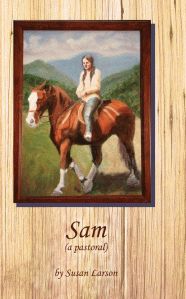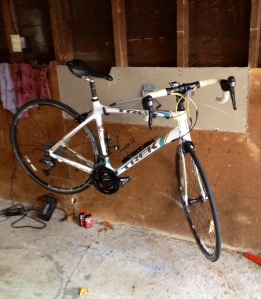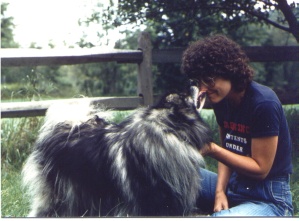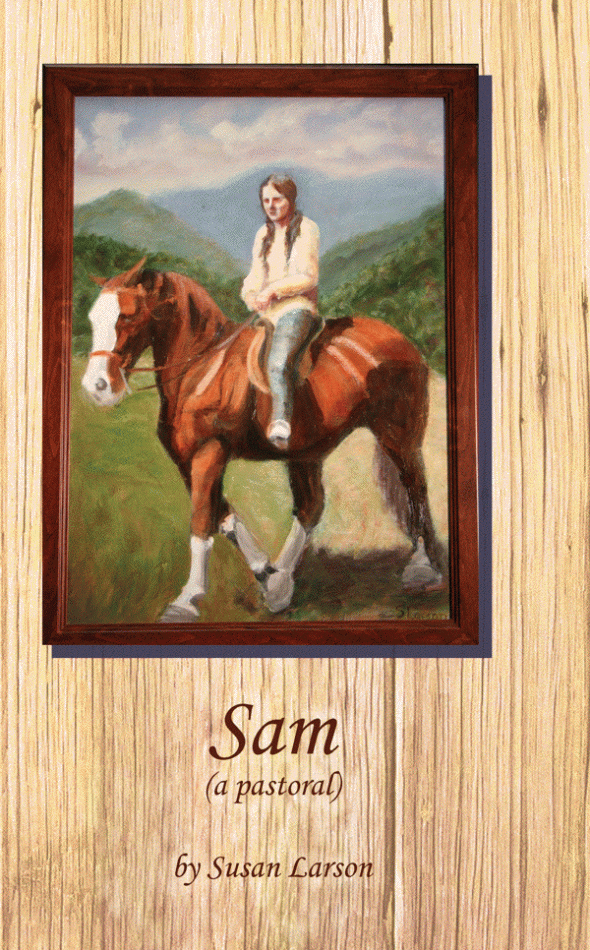“The Poor,” as Jesus remarked a good while ago, “you will always have with you.”
As promised, The Poor have not gone away. Throughout history the more fortunate have dealt with them charitably, mercifully, or brutally as the mood takes us. In our success-crazed American society, the condition of poverty is kind of OK, but only if you rise out of it. If you insist on remaining stuck in poverty, there are names you get called.
Lazy, shiftless, amoral, irresponsible, moochers, ‘takers,’ The 47 Per Cent, people who expect Free Stuff, Welfare Cheats, Welfare Queens, those people who actually own washing machines and TVs, but who are eternally lining up to buy T-bone steaks and prawns with their food stamps, Drains on the Economy, producing nothing but kids out of wedlock, drinking their paychecks away, addicts, criminals, and trailer trash.
Well, I have my own definition of The Poor. The Poor are people who can’t get their teeth fixed.
I am one of the more fortunate, at least for the moment. I have however, inherited my ancestor’s crumbly soft teeth; I have had a bunch of dental abscesses, which start out as a mild temperature sensitivity and then develop into a roaring, throbbing agony that spreads to my whole head and then to my body. When this happens I call Dr. Levine’s office and groan into the phone, and the nice lady says to me “Can you come in right away?” So I do, and Dr. Levine performs a root canal and I go on my way rejoicing and praising God.
If you are The Poor neither the dentist nor the nice lady will see you right away. They will quote you a price, not for a root canal but for an extraction; then tell you they cannot pull a tooth while it is infected. The anesthetic doesn’t work if it’s infected. They may give you a scrip for antibiotics.
So you score some Doxycycline, and maybe some weed to kill the pain, or you chew on a tea-bag, or take three Ibuprofen and a Tylenol in one go, or you turn to the universal analgesic of the poor, alcohol. If the antibiotics don’t kick in right away, you can also, as I have just learned, just rinse your mouth with vanilla extract. Or gasoline.
They only let you work part-time on the register of the big food chain that hired you. That’s so they won’t have to give you health insurance or other benefits. Your little house is underwater and the mortgage is too high, but you still make your payments conscientiously, as you do all your other bills.
But last year your good hardworking live-in gentleman friend, who never slaps you around like your husband used to, broke both arms in an accident on a construction job, and you were strapped for cash. That’s when you got involved with a sleazy loan company that charged you usurious rates of interest, compounded each week. It took some time before you realized you were only paying to service the interest, not the principal, and that the payments would never, ever end.
And now your entire mouth, jaw, head, throat and body are pounding in unspeakable agony; and either the infection or the antibiotics is making you nauseous, exhausted and unable to eat. You may have waited too long to seek help, so the infection might spread to, say, your brain, your jawbone or your bloodstream and heart, at which point you have bacterial endocarditis and you can go to the E.R.
In spite of not feeling quite up to par, you go to work and you do your hours, and you start looking around for some other way to make some cash; maybe cleaning houses, which you used to do when you were young. You can’t imagine doing all that bending and stooping work feeling like you do. And of course, no benefits come with that job either.
And maybe some friend or the people from church, seeing how sick and terrified you look, may help you pay off your debt to the predatory loan company, and maybe somebody knows somebody who is looking for domestic help, and maybe the Doxy will get rid of the infection if it hasn’t gone too far, and you can scrounge the cash to get the tooth pulled.
But there are a dozen teeth, more or less, that you still have in your head. Each one is a time bomb.
The Teeth– you will always have with you.




